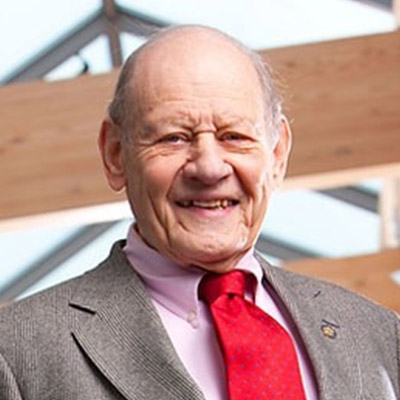Kurtz has been called the “father of secular humanism” and was founder of the Committee for Skeptical Inquiry (CSICOP), the Council for Secular Humanism, and the Center for Inquiry. He was co-president of the International Humanist and Ethical Union and was a Humanist Laureate and President of the International Academy of Humanism. After his resignation from his positions with the Center for Inquiry in 2009, he founded the Institute for Science and Human Values in 2010. Kurtz published over 800 articles and reviews and authored over fifty books.
Kurtz promoted what he called “Skepticism of the Third Kind,” in which skeptics actively investigate claims of the paranormal, rather than simply question them. He saw this type of skepticism as distinct from the “first kind” of extreme philosophical skepticism, which questions the possibility anything can be known, and the “second kind” of skepticism, which accepts knowledge of the real world is possible but is still largely a philosophical exercise.
“An explanation for the persistence of the paranormal, I submit, is due to the transcendental temptation. In my book by that name, I present the thesis that paranormal and religious phenomena have similar functions in human experience; they are expressions of a tendency to accept magical thinking. This temptation has such profound roots within human experience and culture that it constantly reasserts itself.”
